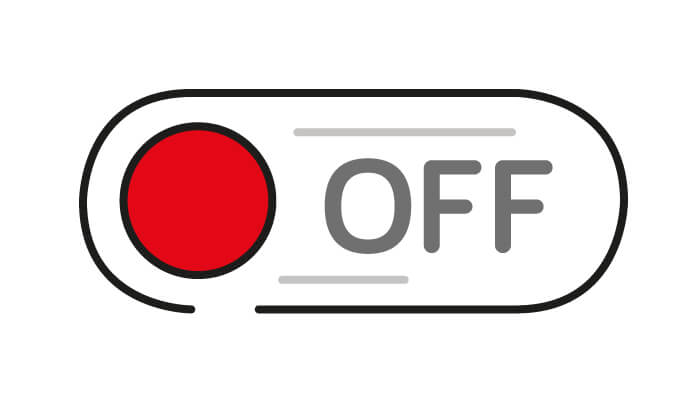As part of a Ludwig Cancer Research study, a team has devised a “STOP-CAR-T” system that reversibly inactivates CAR-T cells via small molecules. The approach is intended to dampen the effects of CAR-T cell therapy when adverse reactions occur in patients. Although CAR-T therapies have been praised for their success, they can sometimes elicit cytokine release syndrome. To build STOP-CAR-T, the researchers attached the CD3-zeta activation domain to one molecule and the antigen-detecting portion to another. They also added to each chain the interacting domains of two unrelated proteins that spontaneously pair up inside the cell. This allows them to function as a single unit; however, the binding can be disrupted by systemically administered small molecules. So far, the system has only been tested in cell cultures and in mice.

References
- G Giordano-Attianese et al., Nature Biotechnology (2020).




